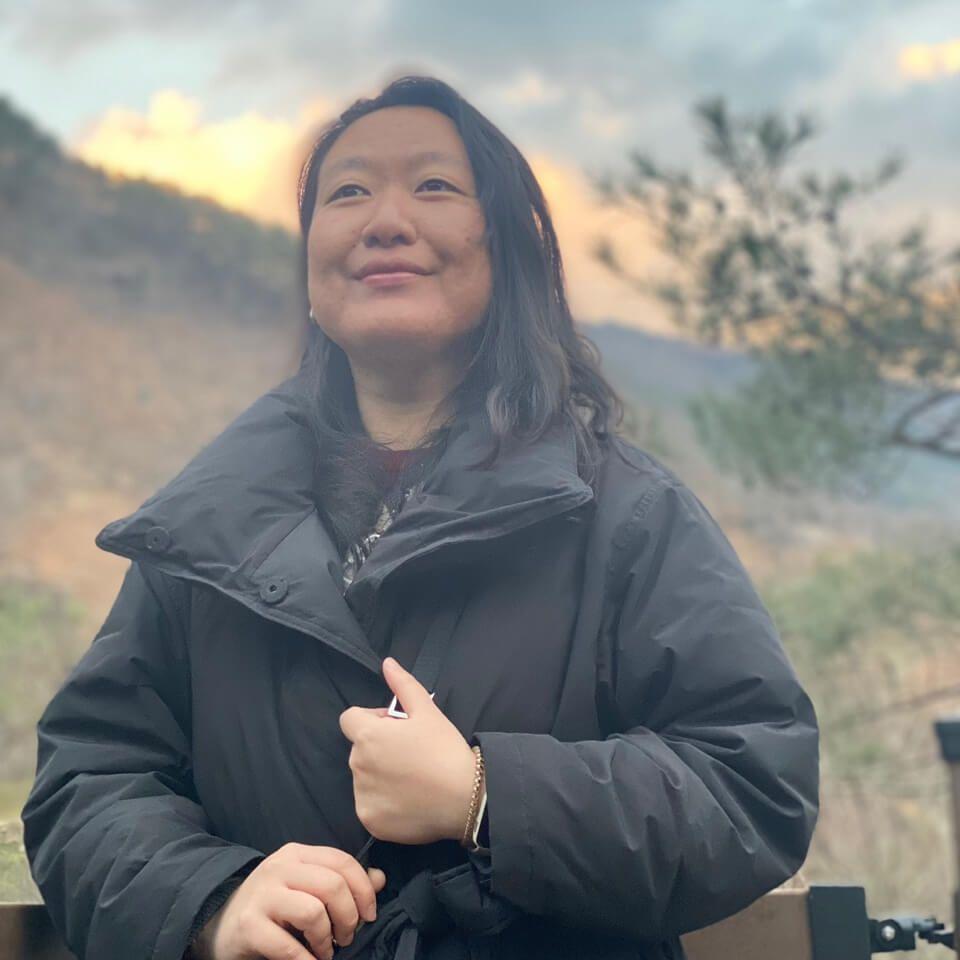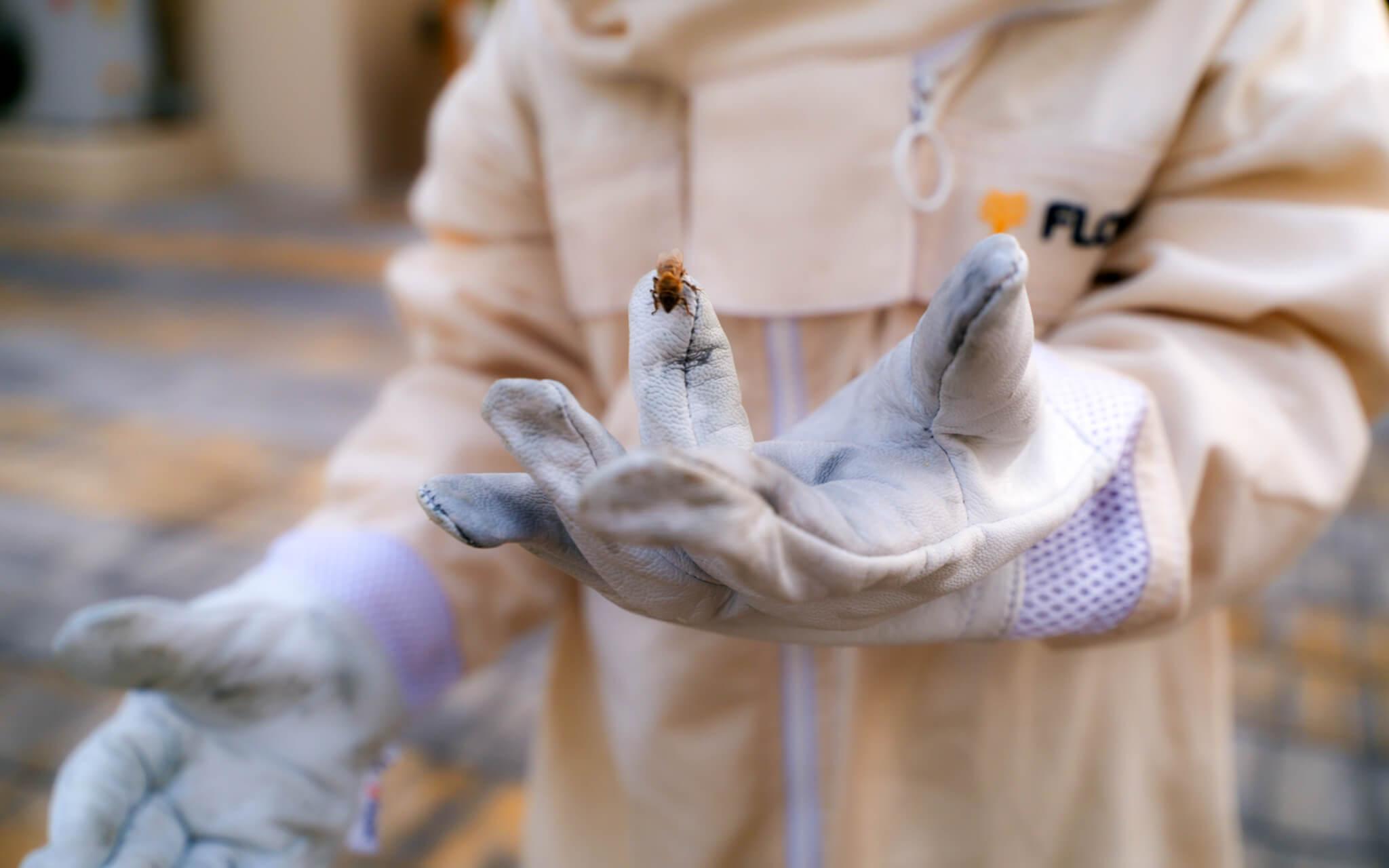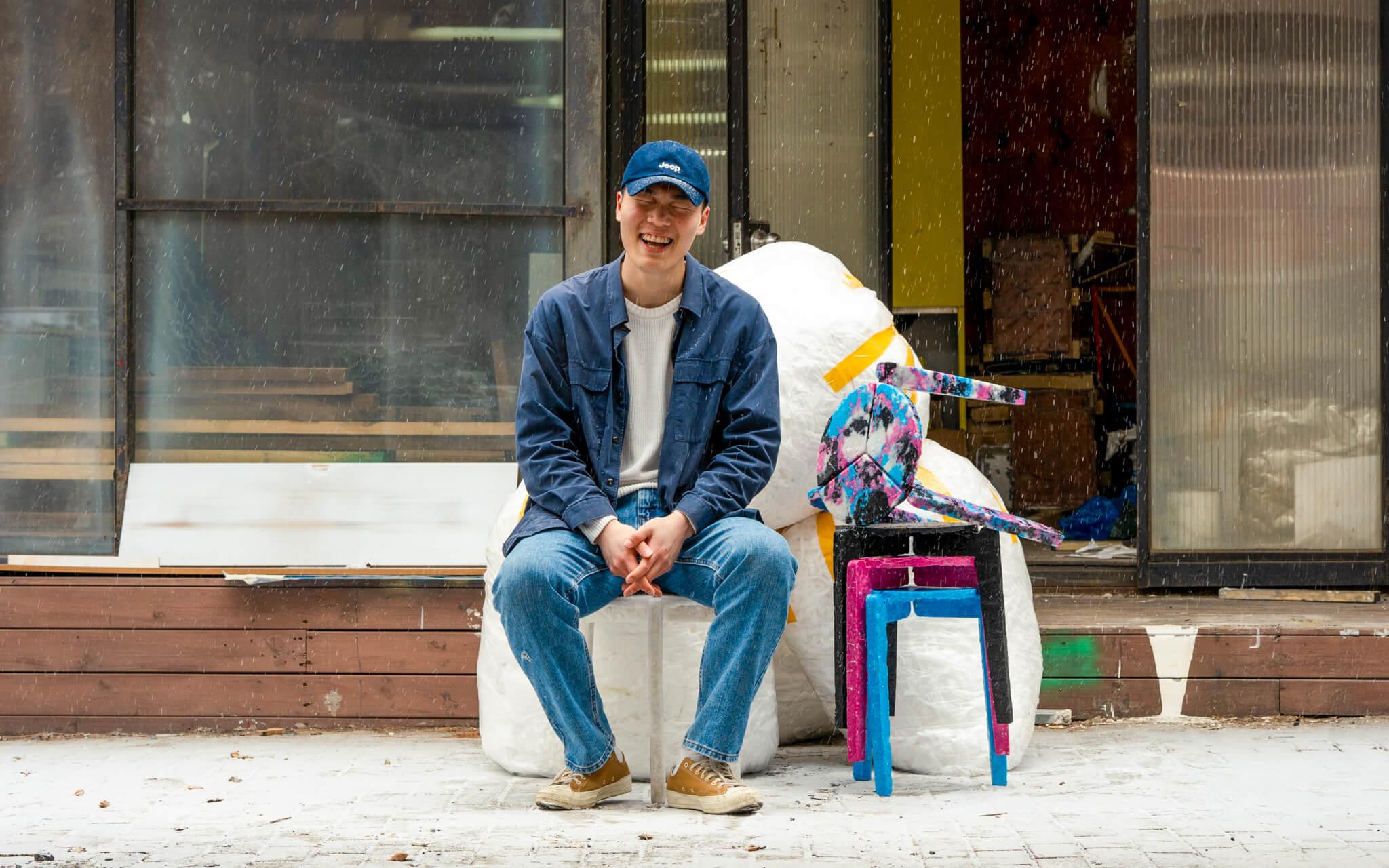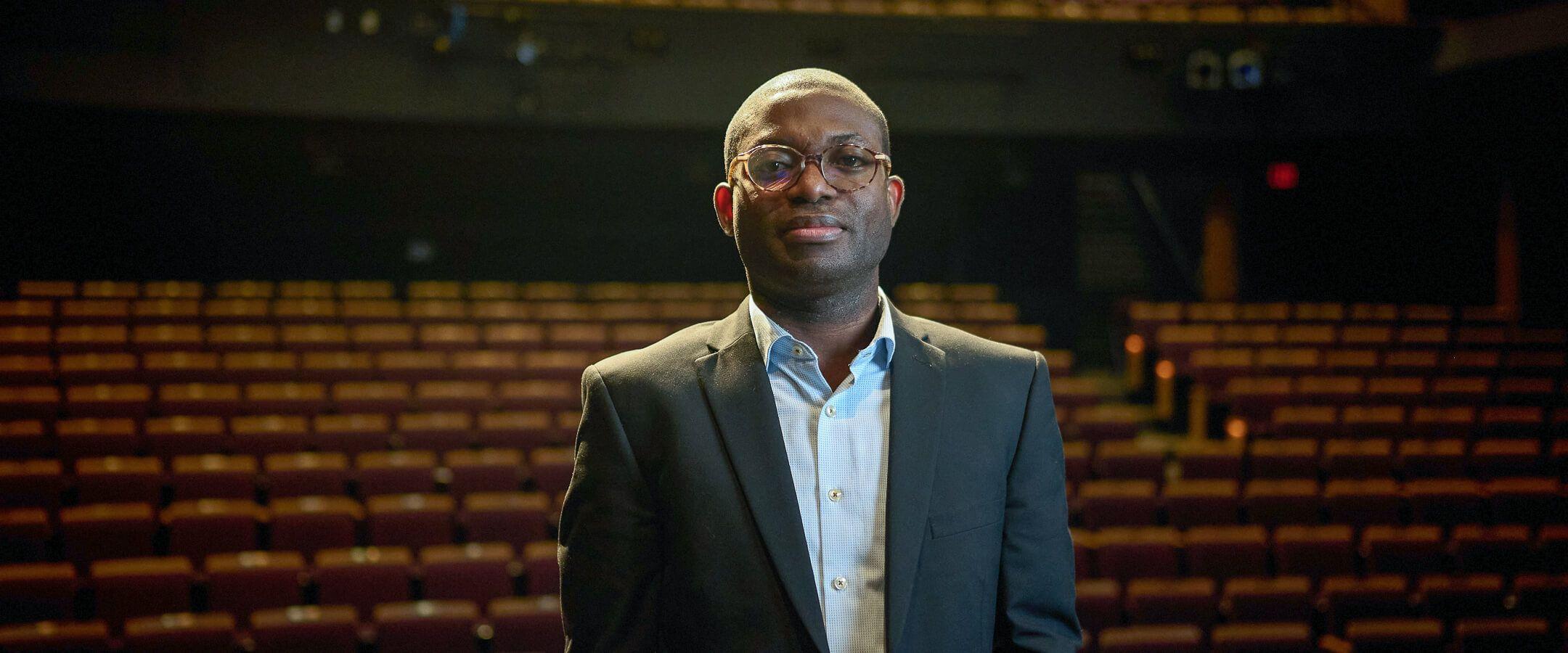Hope is One Bite of a Potato at a Time
Ray Letheren is a founding member of the Blue Bayfield movement in Bayfield, Ontario, one of the world’s first no-plastic cities. Despite retirement, Ray finds himself busier than ever, changing the world, one cup of water at a time.
Ray Letheren first introduces himself as an 86-year-old man. “I’ll start there,” he says, with a warm chuckle.
Ray lives in Bayfield, a small town located on the shore of Lake Huron with a population of under 2,000. This is where Ray played a profound role in transforming this sleepy vacation town into one of the most radical and pioneering places of environmental action.
Bayfield is now recognised as part of the Blue Community, the ever-growing network of communities that support water rights and combat water pollution, especially in the Global South. It takes a village to be a part of the Blue Community. But what does it take for a village to want to take part?
Ray remembers his journey as an environmentalist. “I was a high school teacher in Toronto, at an environmental high school,” he shares. In Toronto, there are high schools with specialised programs that focus on sustainability and environmental practices. “I was learning more than teaching, actually,” he smiles.
When Ray retired in 1992 and moved to Bayfield, proximity to the Great Lakes further expanded his environmental consciousness. “Most of my life, I’ve been concerned about the Earth. We’re throwing away more than we can handle. And I’m more worried today than I’ve ever been,” he shares.
“It all came up when my friends and I were standing on the beach of the Bayfield River, we saw this outflow of discoloured water.”
They learned that the jarring sight was the result of unfiltered runoff from affluent farms throughout the shoring states, including Michigan, Wisconsin, Ontario, New York, and Ohio. “That’s when we started testing,” he says. Sure enough, the test result showed an astronomical count of E. coli.
While the municipality of Blue Water, Ontario, wasn’t quite ready for the message yet, Ray and his friends had already set lobbying in motion. However, red tape did not discourage Ray. His lobbyist group managed to pressure the Ontario Ministry of Environment into installing UV lights in the water to kill off the bacteria – the first major victory.
This is how, in 1996, Ray and a small group of cohorts founded Friends of the Bayfield River, primarily to address runoff from farms into the river and Lake Huron. “Most people around the world don’t learn that the Great Lakes are the largest body of freshwater in the world,” he explains. “And our community is one of many that are on the shoreline of the landform called The Great Lakes Basin, where everything flows into.”
Our motto was ‘Change people’s behaviour one household at a time.’
The Great Lakes Basin has become a dumpsite for thousands of tonnes of plastic waste. Plastic pollution breaks down into toxic microplastics, threatening the nearly 40 million people who rely on the lakes for drinking water, not to mention the hundreds of local flora and fauna that call the habitat home.
“We depend on them for drinking water, and ironically, that’s where our sewage goes,” he says. As isolated bodies of water, the challenges the Great Lakes face are unique. “What goes in there is likely to stay there forever.”
“To be recognised as a member of Blue Community, your municipality must first recognise water as a basic human right,” Ray explains. “You also must denounce all privatisation of water, and most importantly, the municipality must get rid of and cease all single-use plastics.”
Independent from the municipality’s support, with just twenty board members, Friends of the Bayfield River transformed into Blue Bayfield in 2005. Their objective: make Bayfield go zero-plastic. “Our motto was ‘Change people’s behaviour one household at a time.’”
And that is exactly what they did. They visited each household of Blue Bayfield, instilling in people’s hearts the courage and hope to make a difference. “We visited about 40 local businesses, including restaurants, service clubs, and shared our experiences with over 100 communities across Canada,” Ray shares. “And we got 96% of the local businesses on board with us.” Blue Bayfield thanked the community with 1500 reusable water bottles and water stations around the town. These water stations counted (yes, they count refills!) a whopping 200,000 refills in 2018. They even got a three-wheel bicycle named Betty, which Ray is particularly excited about, to share a big tank of water and reusable cups with everyone.
“When you come to Bayfield, don’t bring plastic water bottles,” Ray laughs.
Bayfield soon gained international recognition for its sustainable water protection initiatives by going truly plastic-free. Global collaborations were established with organisations such as Surfers Against Sewage, the UK’s marine conservation group, which started small, just like Ray’s Blue Bayfield. The village was also featured as a plastic-free example in the documentary Plastic People.
“There are a lot of sceptics,” Ray confesses. He mentions that the parts of the world that are major polluters of the Great Lakes simply do not acknowledge the direness of saving the Great Lakes and taking action against water pollution. And with volunteers limited to retirees, Ray’s days are busier than before he retired.
Despite the challenges, day after day, Ray’s passion remains undiminished. “Don’t lose hope. This earth is too important to give up on,” he says.
“I’m not powerful enough to take on the United Nations, but I can start by talking to those who are the closest,” he says. How do we stop worrying and make a difference? Ray has this to say.
“You don’t put a whole potato in your mouth. Just a bit of potato at a time.”
Most Popular
The Climate Tribe delivers stories about Biodiversity and Conservation, Circular Economy, Food and Water , and how they intersect with climate.
Subscribe
Get the latest stories inspiring climate action around the globe straight to your inbox.






